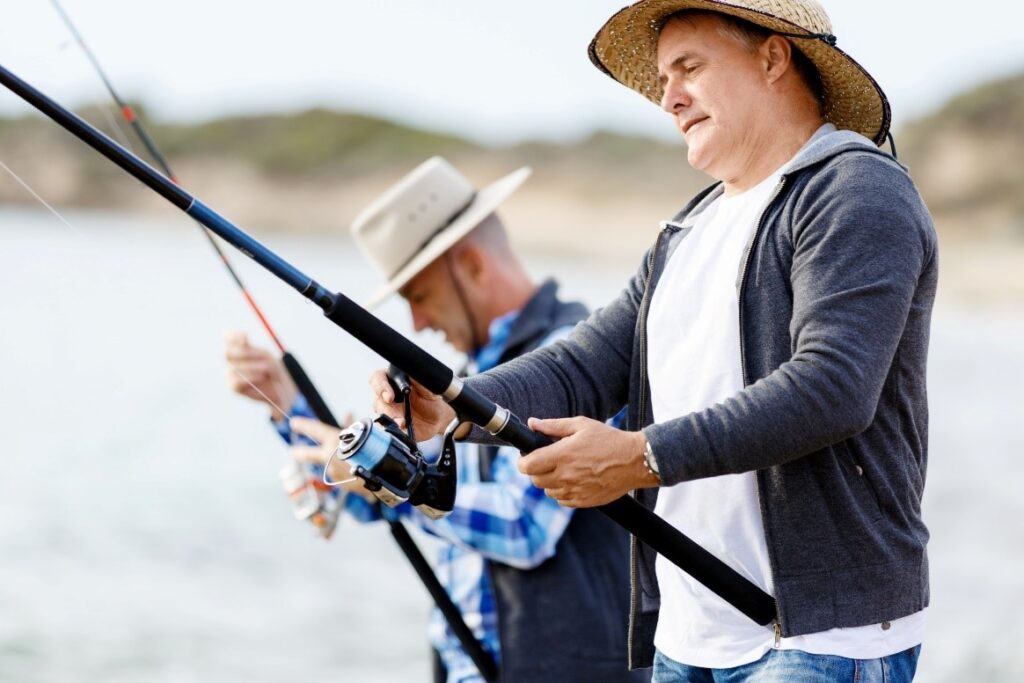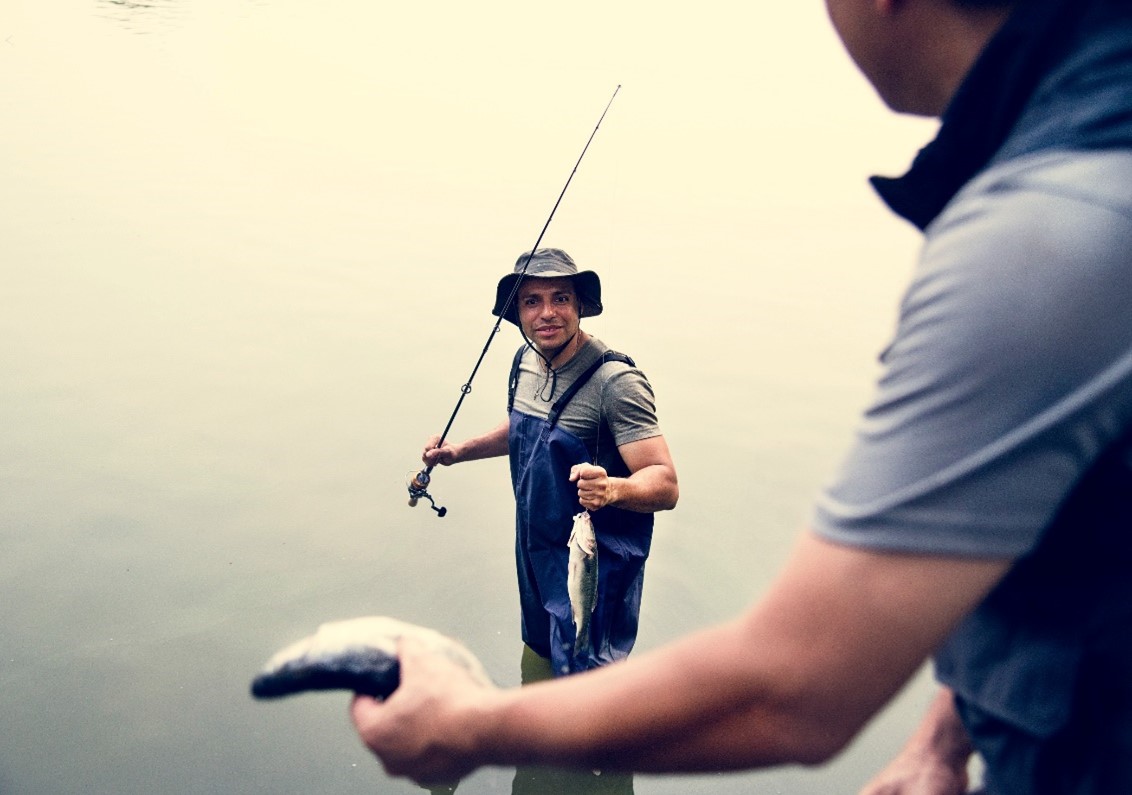To be a successful angler is to be a student of fish behavior. Understanding the habits, preferences, and instincts of different fish species can significantly enhance your chances of a fruitful fishing expedition. In this article, Yuri Kudimov delves into the fascinating world of fish behavior, exploring their feeding patterns, habitat choices, and responses to environmental cues. Armed with this knowledge, you can become a more skilled angler, capable of anticipating and capitalizing on the movements of your aquatic quarry.
The Feeding Frenzy: Unlocking the Feeding Patterns
Fish are opportunistic feeders, but their feeding behavior can be influenced by a multitude of factors. Understanding when and what they prefer to eat is crucial for angling success. Many fish species are more active and receptive to feeding during specific times of the day or under particular weather conditions.
Research the feeding habits of your target species. Learn about their preferred prey and the types of bait that mimic their natural food sources. Plan your fishing trips around peak feeding times to increase your chances of success.
Habitat Preferences: Cracking the Code to Fish Hideouts
Fish are creatures of habit, and they tend to congregate in specific types of habitats that offer them protection, food, and optimal living conditions. Understanding these habitat preferences is like having a secret map to where the fish are likely to be found. For example, largemouth bass often seek shelter in areas with submerged vegetation, while trout thrive in cool, oxygen-rich streams.
Research the specific habitat preferences of your target species and choose fishing locations accordingly. Pay attention to underwater structures, vegetation, and temperature gradients, as these can serve as reliable indicators of fish presence.
The Influence of Weather and Seasons: Aligning with Nature
Fish behavior is closely tied to environmental factors like weather conditions and seasonal changes. For instance, many fish become more active and willing to feed during overcast days, while bright sunlight may lead them to seek shelter in deeper waters. Additionally, seasonal migrations and spawning patterns can provide valuable insights into where fish are likely to be located.
Stay informed about local weather forecasts and plan your fishing trips accordingly. Take note of seasonal changes in water temperature and understand how these fluctuations influence fish behavior.

The Role of Water Currents: Navigating the Flow
Water currents play a significant role in fish behavior, influencing their feeding patterns and movement. Fish often position themselves in areas where they can conserve energy while still having access to food carried by the current. Understanding how water flow affects fish behavior can help you target productive fishing spots.
Pay attention to the movement of water, especially in rivers, streams, and coastal areas. Look for features like eddies, points, and underwater structures that create areas of slower water flow, which are often favored by fish.
Adaptability: Fine-Tuning Your Approach
Successful anglers are adaptable and observant. They are attuned to subtle changes in fish behavior and are quick to adjust their tactics accordingly. If your initial approach isn’t yielding results, be willing to experiment with different baits, lures, or fishing techniques. Patience and a willingness to learn from each fishing experience are key to becoming a more skilled angler.
Keep a fishing journal to record details of each trip, including weather conditions, bait choices, and successful techniques. This valuable resource will help you track patterns and refine your approach over time.
Conclusion: Becoming a Savvy Angler
Understanding fish behavior is akin to unlocking the secrets of the underwater world. By delving into their feeding patterns, habitat preferences, responses to environmental cues, and adapting your approach accordingly, you can significantly increase your chances of a successful fishing expedition. Remember, patience and observation are your allies, and every fishing trip is an opportunity to refine your skills. So, gear up, head to your favorite fishing spot, and put your newfound knowledge of fish behavior to the test. Happy fishing!
